Hope can be remarkably persistent. And so, despite several years of experience pointing in starkly the other direction, a recent weekend saw me at Who Killed My Father at the Young Vic, the latest from ubiquitous Belgian director Ivo van Hove. A young friend had gone with his father the previous week and both described it as ‘excellent’. Intense, but in a good way. Worthy broadsheet publications gave it four stars.
I had my doubts: Édouard Louis, on whose angry memoir about growing up in a working-class, homophobic home in northern France the play was based, is not my cup of tea. But the friend, and his father, are both intelligent and well versed in theatre, and I thought maybe, just maybe, I should give it a chance; that it might have interesting things to say about masculinity and father-son relationships and France, and maybe even class.
It didn’t. It was, in fact, a crudely disjointed, simple play: first a dull exegesis of a loutish father’s failings, and then a predictable rant at the allegedly cruel French state, which, we were instructed at great length, was to blame for the father’s decline after an accident in the factory he worked at badly damaged his back. My favourite in Louis’s litany of French cruelties was the stopping of free digestion pills. Why we would lament this loathsome man’s descent into colonic discomfort (contra the title, he does not die) wasn’t clear.
Towards the end, as the Louis character, played by an exhausted-seeming Hans Kesting, began yelling out the names of the true ‘criminals’ – Macron, Chirac, Sarkozy – I began looking round for fellow audience members to smirk with. Nothing. At its close, instead of the lukewarm applause and shaking of heads I was expecting, the audience got to their feet for an ovation. The largely young crowd had – like many reviewers – clearly found it compelling.
As after so many nights at the theatre since Covid, I walked from the theatre relieved to be outside, away from the dullness, the unoriginality, the noise, the embarrassment of what theatre has become.
There have always been bad plays in London, but it was usually because they were boring, or badly acted, or too experimental for their own good. The badness has changed, and where it was shlocky before, it has become sinister. The light has gone out. Creativity, the free play of ideas, the grasping at interesting histories, weirdness, grossness, hilarity, daring, humour, extremity and experimentation – all the stuff that used to delight and provoke – have shrivelled up and been replaced by one mean axis: right or wrong.
Plays have become ‘political’, not in a plot or character-driven way, but in a narrow, literal way that must either be chokingly woke, or ‘bravely’ anti-woke. They self-consciously pursue either pluckiness or rectitude, dispensing with the idea of drama, acting, or even having a stage at all. Why bother with any of that when everything is meant to be a parade of diverse people reading angry screeds penned by activists – or, in rare instances, rebuttals of those screeds?
The reason for all this, at least superficially, is obvious: the enthusiastic take-up by arts institutions of identity politics. It’s not enough that hiring policy should address diversity, and that toilets should (uncomfortably and unpopularly) reflect the latest trans demands. It’s that every single thing to do with output – including the content of the plays themselves, new and old – should reinforce diversity ideology by exposing all the ‘isms’ of the present and past. This is a totalising project: no drama or subject is immune, which is why the National’s version of Wuthering Heights, directed by Emma Rice, was a painful rant about racism, and why the Globe’s take on Joan of Arc, I, Joan, began with a prologue stating Joan was a ‘them’ and ‘trans’. It’s why the West End can put on a ‘feminist’ Pride and Prejudice, in which Elizabeth tells Mr Collins to eff off, and the Old Vic’s hip-hop musical take on Sylvia Pankhurst was as much about its all-black cast as the campaign for the vote.
Mark Lawson, the theatre critic and former Front Row presenter, blames ‘a series of events – the killing of George Floyd, the climate crisis, #MeToo [which] led to individuals and institutions feeling the need to declare where they stood on these and other issues, with a clearly signalled right or virtuous side. This was mildly irritating when these position statements were merely appearing on theatre websites or in interviews with actors and writers. But this instinct became catastrophic once it spread to the plays being staged.’ Lawson bemoans the rise of the ‘epilogue play… in which a final speech tells the audience what to think and rebukes those who have other thoughts’.
An example of this was Marys Seacole at the Donmar, which I sat through, in pain, with Lawson. At the close of the largely chaotic, shrill account of the allegedly neglected historical figure of the Jamaican nurse who tended to soldiers in the Crimean War, the audience was subjected to a furious diatribe, in which it was, by dint of being in the UK and largely white, accused of being racist and colonialist.
There is also the problem of ‘prologue’ plays. As well as espousing bewildering gender theory, the prologue of I, Joan at the Globe declared that the more than 400-plus plays about ‘them’ (Joan) were wrong because they were written by men. ‘This is simply historically wrong and arrogantly suggests that a novice playwright is superior to Shaw, Schiller and others,’ notes Lawson.
Dramatically, the result of all this earnest didacticism is an obviousness problem. As the citizens of the former Soviet Union could tell you, being choked to death on orthodoxy, or forced to rebel against it, is not good for the original presentation of ideas. Everything becomes a statement of or insistence on the obvious, either for or against. So even when the alternative position is taken – against woke or against Marxism-Leninism – it’s still boring. Eureka Day at the Old Vic is a play about vaccinations that skewers progressive Californians, and has been hailed as a strike against wokeness. But can’t we have something that is neither a strike for or against wokeness? Can we return to the days of Tom Stoppard’s Arcadia, Michael Frayn’s Copenhagen, or even The Lehman Trilogy, by Stefano Massini, the last truly epic play to be staged in London?
It doesn’t look likely. And meanwhile, the art of acting itself may also be going down the drain. Delivery has become terribly earnest. Actors shout, speak stridently, or yell. There are lots of hand gestures, lots of hands on hips, lots of huffy striding. This may be because scripts have been stripped to not far off primary-school level but with expletives. Intellectual dumbing-down causes a flattening of language: just ask those who suffered under the tiresome repetitions of communism. But how wearying it is to hear Cathy in Wuthering Heights, Cinderella (in Andrew Lloyd Webber’s musical, which shut early) and Elizabeth Bennet reduced to yelling, stomping and swear words.
Perhaps the most disappointing part of the collapse of British theatre is the way audiences and critics are not only accepting, but embracing crude polemic and rehashed news in place of proper drama. Indoctrination has been depressingly thorough, and since most of those who find an evening of woke propaganda unpleasant have now fled the theatres, those who remain are unlikely to kick up a fuss. Even plays trying to self-consciously challenge theatrical groupthink are mired in it – and enthusiastically received by those who should know better.
On at the Royal Court is Jews. In Their Own Words, penned by the august Jonathan Freedland, which tries to skewer the anti-Semitism of the left. The way it does this, amazingly, is by exclusively allowing left-wing Jews to speak, and by walking us through the Corbynite anti-Semitism scandal: the longest section is a redux of Luciana Berger recounting her ordeal in the final days of her membership of the party. It may have been true, but it was not theatre.
Got something to add? Join the discussion and comment below.
Get 10 issues for just $10
Subscribe to The Spectator Australia today for the next 10 magazine issues, plus full online access, for just $10.
You might disagree with half of it, but you’ll enjoy reading all of it. Try your first month for free, then just $2 a week for the remainder of your first year.

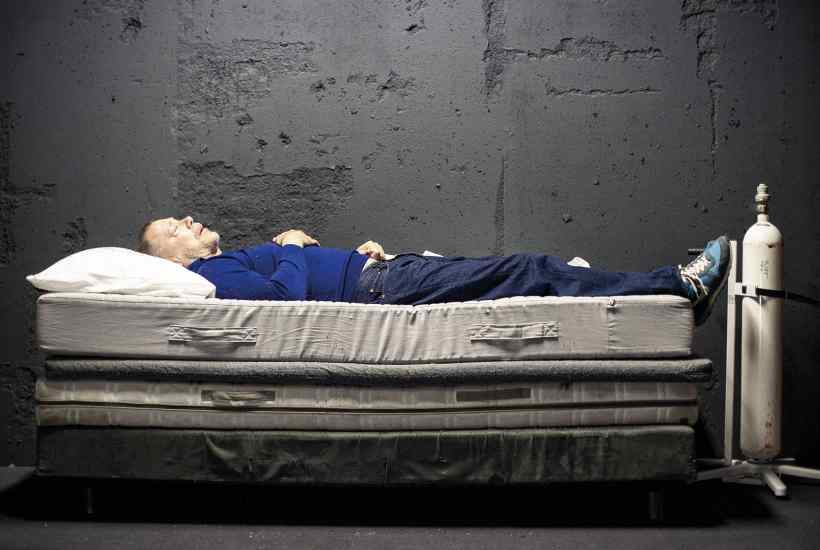
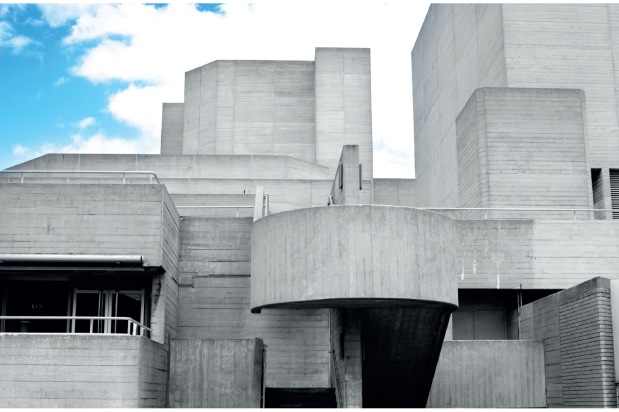
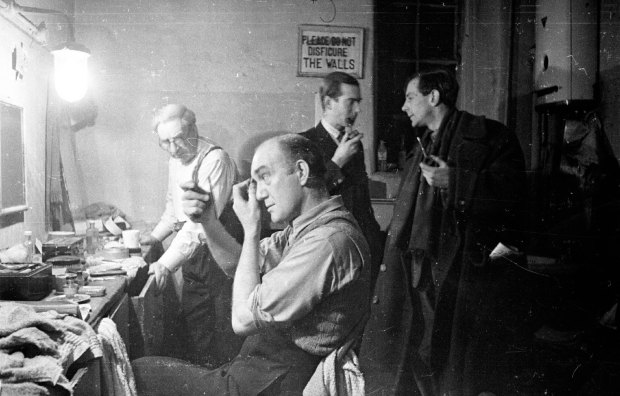

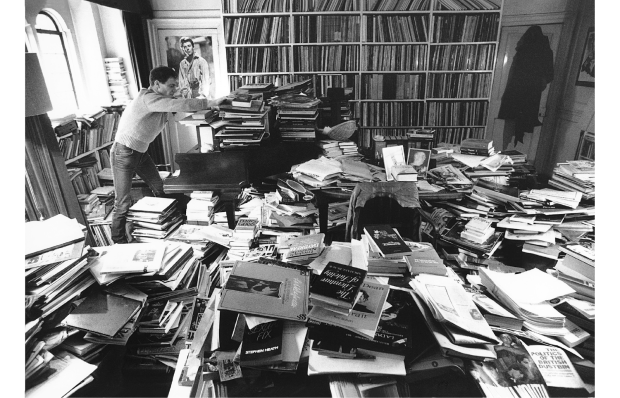
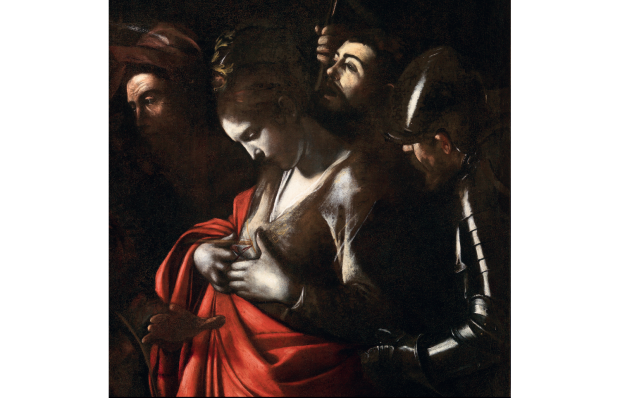
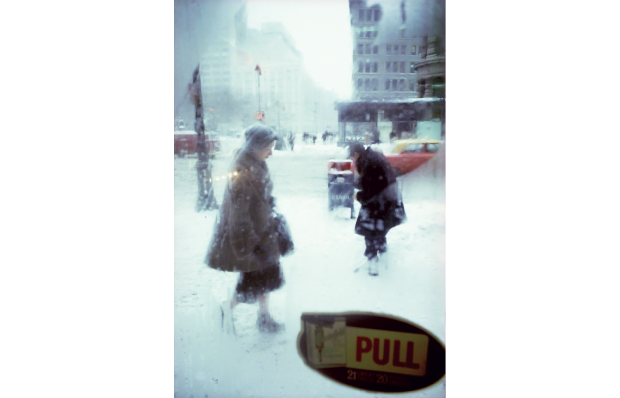






Comments
Don't miss out
Join the conversation with other Spectator Australia readers. Subscribe to leave a comment.
SUBSCRIBEAlready a subscriber? Log in